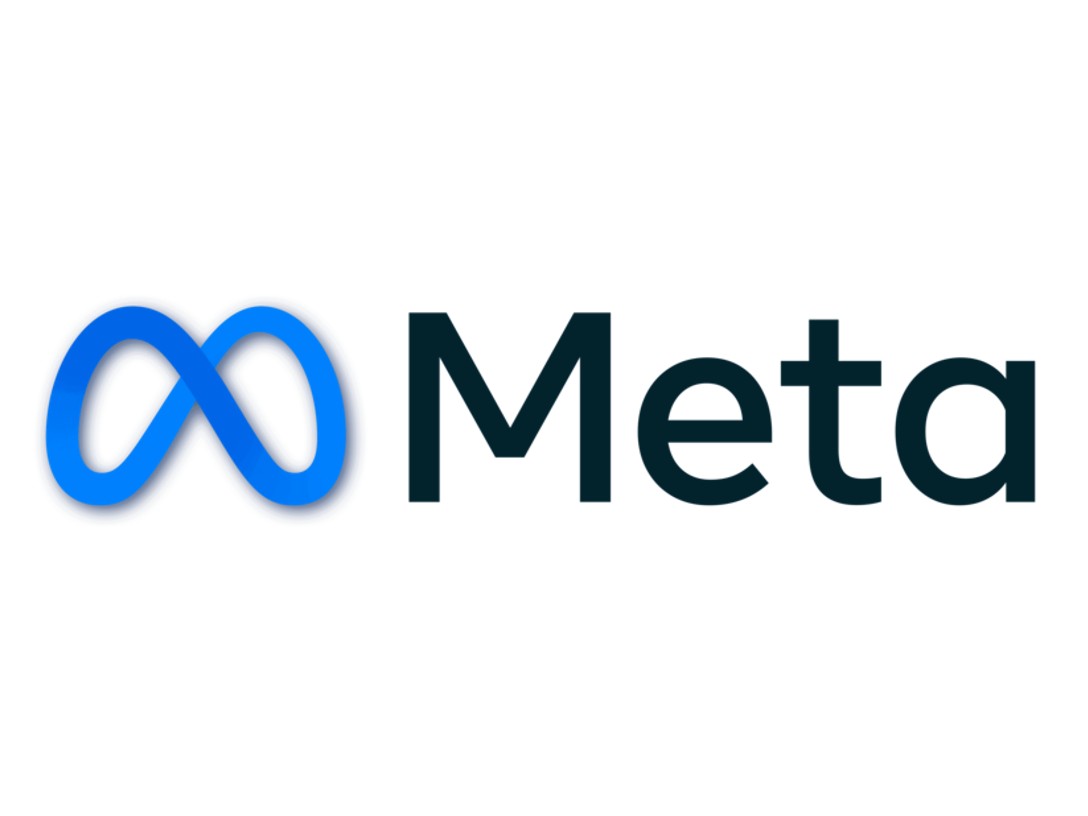Arino One
Customer Engagement One Message at a Time
Arino One is a global leader in customer engagement through the WhatsApp Business API, empowering brands to connect, communicate, and build meaningful relationships with their audiences. Specializing in real-time messaging, utility notifications, and secure authentication, we deliver tailored solutions that streamline operations and enhance the customer experience.

Core Focus
Promote products, share offers, and drive engagement through tailored campaigns that inspire action and grow your business.
Send updates like order status, appointment reminders, or alerts to keep customers informed and enhance their experience.
Secure your platform by verifying users with fast, reliable one-time passcodes for account logins or sensitive transactions.
Customer Engagement and Performance
Meta Business Partner
Arino One is a proud participant in the Meta Partner Performance Accelerator for Business Messaging, a prestigious program designed by Meta to recognize and empower top-performing partners globally. As part of this program, Arino One is positioned among a select group of companies that meet rigorous standards for technical capability, customer success, and innovative use of Meta’s Messaging Solutions. This means our clients benefit from cutting-edge tools, expert implementation, and early access to new features that drive real business impact through seamless, personalized messaging experiences.
Solutions
E-commerce , Click-to-Chat, Conversational Commerce
Using Arino One with your eCommerce site allows you to automate and personalize customer communication directly through WhatsApp, from order confirmations and shipping updates to abandoned cart reminders and post-purchase support. With seamless integration, you can drive conversions, boost customer satisfaction, and manage everything from one powerful messaging platform—turning chats into checkouts effortlessly.
- Instant Order Notifications
- Abandoned Cart Recovery
- 24/7 Customer Support
- Personalized Promotions
- High Response Rates
- Interactive Messaging
- Advanced Analytics
Energy and Utilities, Smart Cities & Public Infrastructure, Utility Service Providers
With Arino One, energy and utility providers can streamline customer communication on WhatsApp—making billing, outage updates, and service requests faster, more transparent, and user-friendly. From proactive alerts to self-service options, Arino One helps reduce call volumes, improve response times, and enhance the overall customer experience through automated, real-time messaging.
- Billing Reminders
- Maintenance Alerts
- Customer Support
- Account Management
- Service Appointment
- Fraud Prevention
Automotive, Car Dealerships, Vehicle Rental & Leasing Companies
Arino One helps automotive businesses connect with customers at every stage of the journey—from inquiry to after-sales service—using the power of WhatsApp. Whether it's booking a test drive, confirming service appointments, or sending vehicle updates, Arino One delivers fast, personalized communication that builds trust, boosts engagement, and drives loyalty.
- Test Drive Scheduling
- Service Appointment
- Finance Assistance
- After-Sales Support
- Lead Capture & Qualification
- Promotions & Offers
Travel, OTA (Online Travel Agency), Hotels, Airports, Destinations
Arino One empowers travel businesses to deliver timely, personalized communication through WhatsApp—enhancing every step of the customer journey. From booking confirmations to itinerary updates and real-time support, Arino One helps travel agencies, tour operators, and hospitality providers create a seamless, stress-free travel experience.
- Booking Confirmations
- Itinerary Updates
- Customer Support
- Destination Tips & Upsells
- Check-In Reminders
- Cancellation & Refund Info
- Post-Trip Engagement
Consumer Goods, Personal Care & Beauty Brands
Arino One helps consumer goods brands build direct, high-impact relationships with their customers through WhatsApp. From product recommendations to order updates and customer support, our solution streamlines every touchpoint—boosting engagement, loyalty, and sales through real-time, personalized messaging.
- Product Recommendations
- Launch Announcements
- Customer Support
- Exclusive Offers & Coupons
- Feedback & Reviews
- CRM Integration
Entertainment, Live Events & Concerts, Gaming & Esports
Arino One transforms how entertainment brands connect with fans and audiences—delivering real-time updates, exclusive content, and personalized experiences via WhatsApp. Whether you're promoting events, streaming releases, or fan engagement campaigns, Arino One helps you stay connected, relevant, and one tap away from your audience.
- Event Reminders
- Ticket Updates
- Streaming Notifications
- VIP Access & Rewards
- Merch Drops & Promotions
- Insights & Feedback
Retail, Electronics & Gadgets, Grocery & Convenience Retail
Arino One empowers retailers to engage customers across the shopping journey using WhatsApp—from product discovery to purchase and support. Whether online or in-store, our solution helps you deliver real-time communication, personalized experiences, and efficient service that keeps customers coming back.
- Product Inquiries
- Order & Delivery Updates
- Click-to-Buy Promotions
- In-Store Appointment
- Loyalty & Rewards
- Foot Traffic Engagement
Beverages, Alcoholic (Wine, Beer & Spirits), B2B Beverage Distribution
Arino One helps beverage brands connect directly with consumers, retailers, and distributors through WhatsApp—streamlining communication, boosting engagement, and accelerating growth. Whether you're launching a new drink, supporting B2B orders, or running promotional campaigns, Arino One delivers speed, personalization, and efficiency at scale.
- Event Reminders
- Ticket Updates
- Streaming Notifications
- VIP Access & Rewards
- Merch Drops & Promotions
- Insights & Feedback
Government, Municipal Services & City Halls, Public Health
Arino One enables government institutions to modernize public communication through WhatsApp—delivering timely updates, digital services, and real-time support directly to citizens. From service requests to public safety alerts, Arino One helps city halls and agencies create faster, more transparent, and more accessible civic engagement.
- New Product Launches
- Distributor Communication
- Consumer Promotions
- Customer Feedback
- Engagement at Scale
- Delivery Notifications
The Arino One team truly makes WhatsApp speak—transforming it into a powerful channel that delivers insights and solutions highly relevant to our business needs. They have a deep understanding of both our goals and constraints, and their clear, business-focused communication makes collaboration smooth and impactful.
Quick FAQ's
What is Arino One?
Arino One is a designated Meta Partner, specializing in custom business messaging solutions powered by the WhatsApp Business API. We help businesses—from small startups to large enterprises—enhance customer engagement, automate workflows, and drive growth through seamless WhatsApp integration.
What does it mean to be a Meta Partner?
As an official Meta Partner Performance Accelerator participant, Arino One meets Meta’s highest standards for technical expertise, customer success, and innovation in business messaging. This gives us early access to new features, co-selling opportunities, and exclusive funding programs to better serve our clients.
What solutions does Arino One offer?
We build tailored WhatsApp API solutions, including:





Who can benefit from Arino One’s services?
Businesses of all sizes—eCommerce brands, financial services, healthcare providers, logistics, and more—can leverage WhatsApp for:




What advantages do Meta Partners provide?












